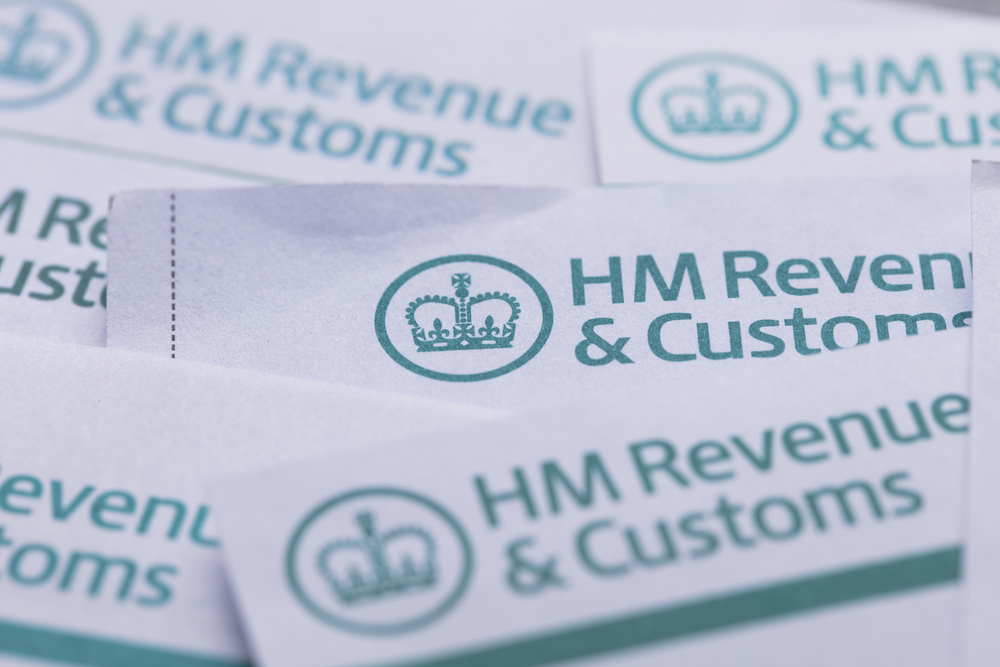Many business owners unaware of car payment write-offs, reveals business insurance expert

LONDON, UK - January 24th 2019: HMRC, Her Majesty's Revenue and Customs tax return paperwork.
In the world of business taxes, there’s a hidden gem that many entrepreneurs overlook: the ability to write off car payments as a legitimate business expense.
Surprisingly, according to insights from Chris Richards, taxi insurance expert at EasyQuote, this opportunity often flies under the radar for many business owners.
Navigating the intricacies of HM Revenue & Customs (HMRC) regulations, Richards sheds light on this lesser-known tax deduction. “A significant number of business owners are unaware of the potential tax benefits associated with car payments,” he reveals. Understanding the criteria for eligibility is the first step towards unlocking this valuable deduction.
According to HMRC, a vehicle qualifies as a car if it’s primarily intended for private use and not suitable for transporting goods. However, Richards emphasises that the distinction between personal and business use is crucial. “Many business owners fail to recognise the importance of accurately determining the proportion of business use,” he explains.
For those eligible, the benefits can be substantial. Richards highlights the concept of capital allowances, commonly referred to as writing down allowance, which allows businesses to deduct a portion of their car payments from their taxes. This deduction is influenced by factors such as the vehicle’s CO2 emissions and the business structure.
Sole traders face additional complexities in claiming deductions. Richards advises them to calculate the business proportion of car usage meticulously. “Understanding your business mileage versus total mileage ratio is essential for optimising deductions,” he advises. This attention to detail ensures sole traders maximise their tax benefits.
Beyond car payments, Richards reveals that other vehicle-related expenses, including road tax, insurance, fuel, and maintenance, are also deductible. However, he cautions that determining the business proportion of these costs is equally crucial for accurate deductions.
In the world of business taxes, knowledge is power. By leveraging insights from experts like Chris Richards, business owners can uncover hidden opportunities for tax savings, ensuring they maximise their financial resources and optimise their bottom line. As Richards aptly puts it, “Every pound saved on taxes is a pound reinvested in your business.”




